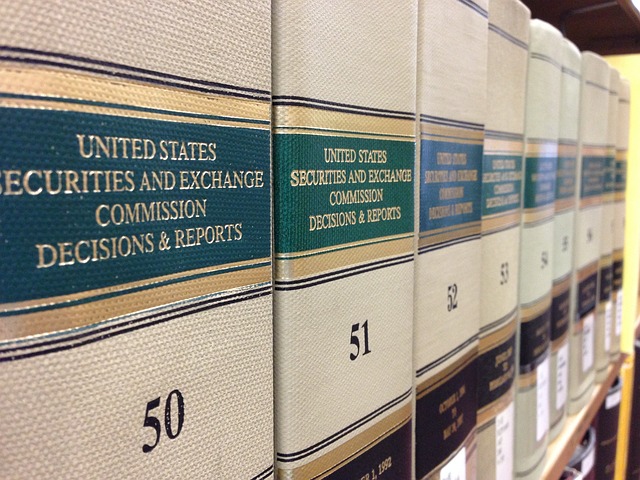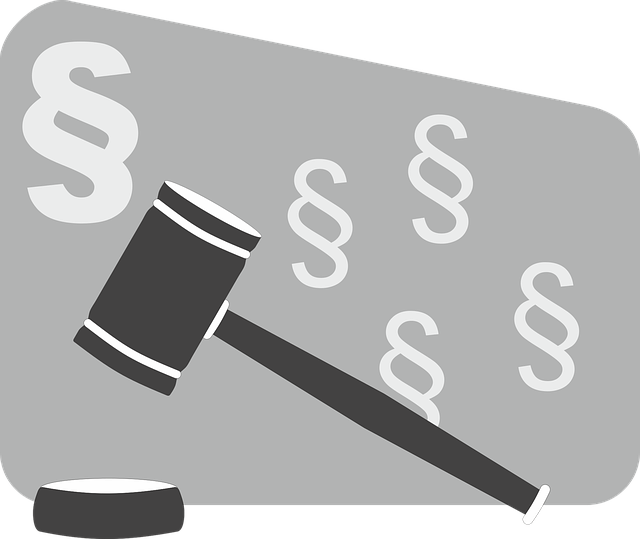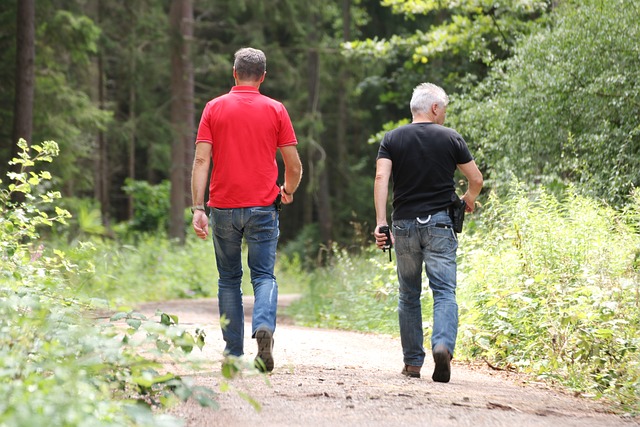Navigating complex Environmental Regulations Litigation demands strategic expertise. It involves deciphering varied laws, conducting meticulous document reviews, identifying potential violations early, and crafting creative solutions. Success hinges on deep environmental law knowledge and understanding case specifics. Recent high-profile cases demonstrate the effectiveness of robust record-keeping, open communication with regulators, thorough legal research, compliance protocols, and skilled representation in defending against Environmental Crime Trials. Understanding regulations and proactive compliance are crucial for businesses of all sizes.
“Environmental Crime Trials: Unraveling the Complexities of Justice
This comprehensive guide delves into the intricate world of environmental regulation litigation, offering a detailed look at ‘Understanding Environmental Crime Trials’. From defining key concepts to exploring real-world scenarios, we navigate the legal landscape. Learn essential steps and strategies for effective case management. Discover success stories and lessons learned, providing valuable insights on ‘How to Navigate Environmental Regulations Litigation’ with confidence.”
- Understanding Environmental Crime Trials: A Comprehensive Overview
- Navigating the Legal Landscape: Key Steps and Strategies
- Real-World Examples: Success Stories and Lessons Learned
Understanding Environmental Crime Trials: A Comprehensive Overview

Environmental Crime Trials are complex legal battles centered on understanding and enforcing environmental regulations. These trials involve navigating intricate laws designed to protect our planet from harm caused by human activities. The process requires a deep dive into various federal and state statutes, each with its own set of penalties for non-compliance, ranging from fines to imprisonment. Understanding the nuances of these regulations is crucial for businesses, policymakers, and individuals alike, as it dictates how we operate and interact with our environment.
Litigation in high-stakes environmental cases often spans years, reflecting the extensive research and evidence required to prove or defend against allegations. Avoiding indictment in such scenarios isn’t just about legal strategy; it also underscores the importance of proactive compliance and corporate responsibility. The implications extend beyond financial penalties; they impact the reputation of companies and shape interactions within philanthropic and political communities that are increasingly attuned to environmental stewardship.
Navigating the Legal Landscape: Key Steps and Strategies

Navigating the complex world of environmental crime trials requires a strategic approach to ensure success in How to Navigate Environmental Regulations Litigation. The first step is understanding the applicable laws and regulations, as these can vary significantly based on jurisdiction and the specific environmental infraction. Legal teams must thoroughly research and interpret these rules to build a robust defense strategy for their corporate and individual clients.
Effective strategies involve meticulous document review, identifying potential violations early, and developing creative solutions to avoid indictment. Building an unprecedented track record in defending against such charges requires deep knowledge of the environmental laws and a keen understanding of the unique circumstances of each case. This proactive approach helps protect the interests of clients while upholding environmental standards.
Real-World Examples: Success Stories and Lessons Learned

In recent years, several high-profile cases have illuminated the impact and outcomes of Environmental Crime Trials. These real-world examples offer valuable insights into how to navigate environmental regulations litigation effectively. For instance, a prominent case involving a major industrial conglomerate highlighted the importance of robust record-keeping and transparent communication with regulatory bodies. The company, facing charges of pollution and environmental degradation, was able to secure a complete dismissal of all charges by presenting detailed documentation demonstrating their adherence to environmental standards and proactive measures taken to rectify past violations.
Another success story involves a smaller, local business that inadvertently fell victim to environmental regulations. By educating themselves thoroughly on the applicable laws and collaborating with legal experts specializing in environmental litigation, the business owners successfully avoided indictment. They achieved this by implementing stringent safety protocols and staying proactive in their compliance efforts, ultimately leading to a jury trial that resulted in their complete dismissal of all charges. These cases underscore the significance of understanding environmental regulations, proactive compliance, and strategic legal representation when facing such allegations.
Environmental crime trials play a pivotal role in holding perpetrators accountable for damaging our planet. By understanding the legal landscape, adopting effective strategies, and learning from real-world examples, we can enhance our navigation of environmental regulations litigation. Armed with this knowledge, individuals, communities, and organizations are empowered to protect our environment and ensure justice is served. To effectively navigate these trials, it’s crucial to stay informed, collaborate, and advocate for stringent enforcement of environmental laws.






